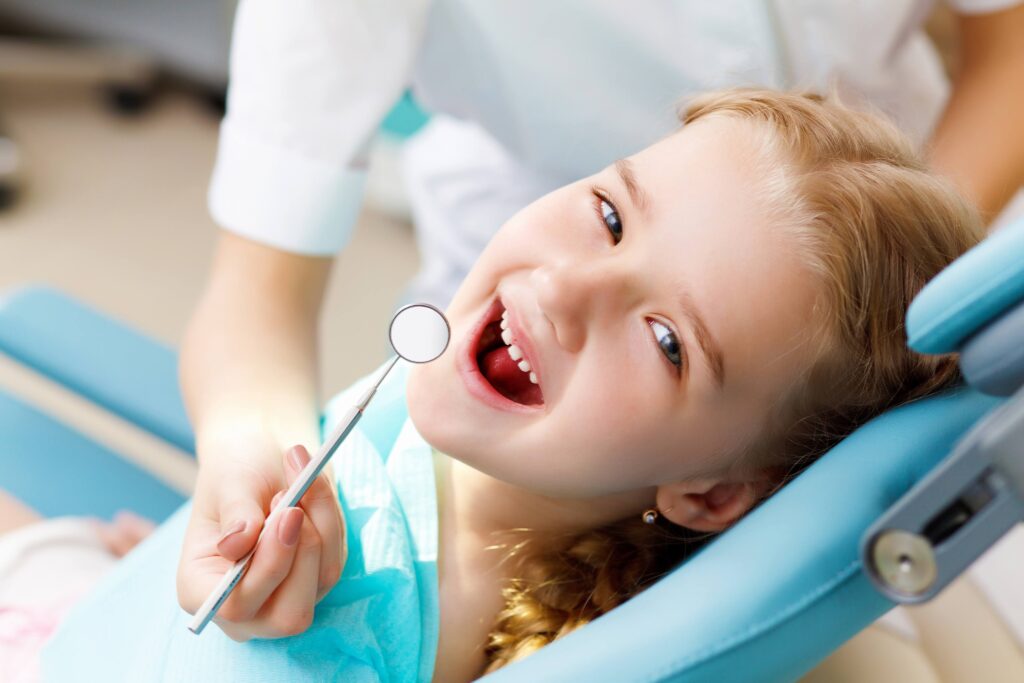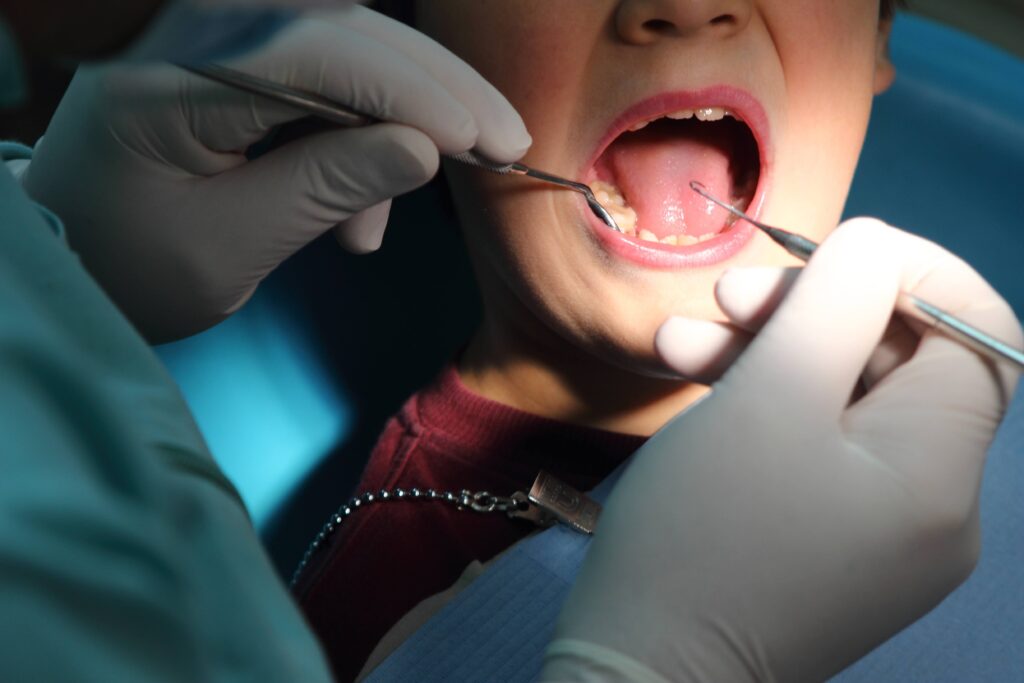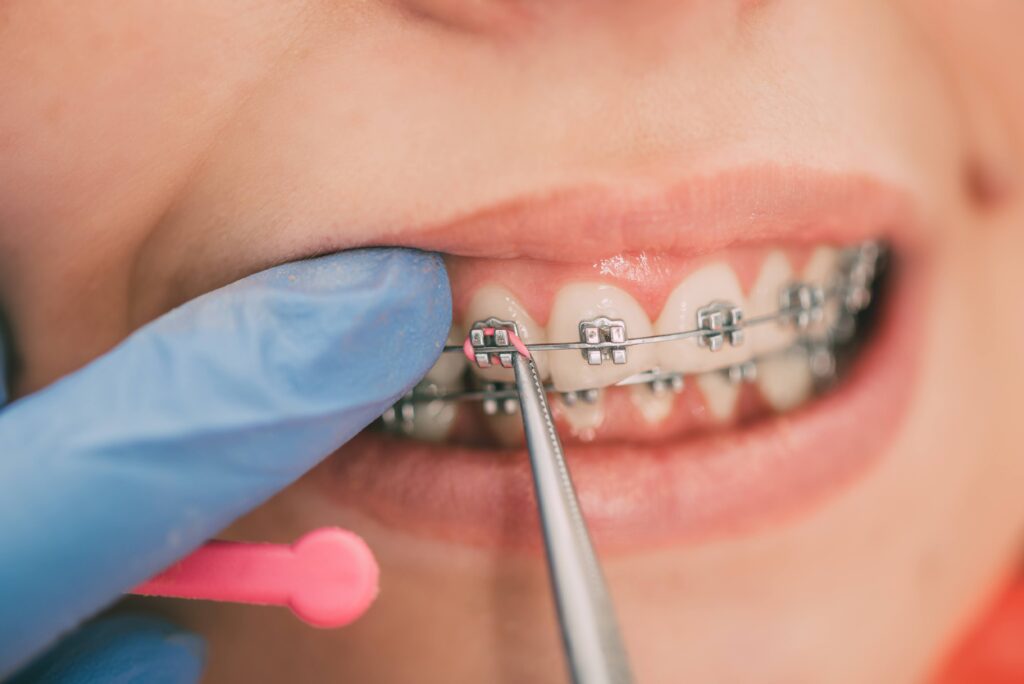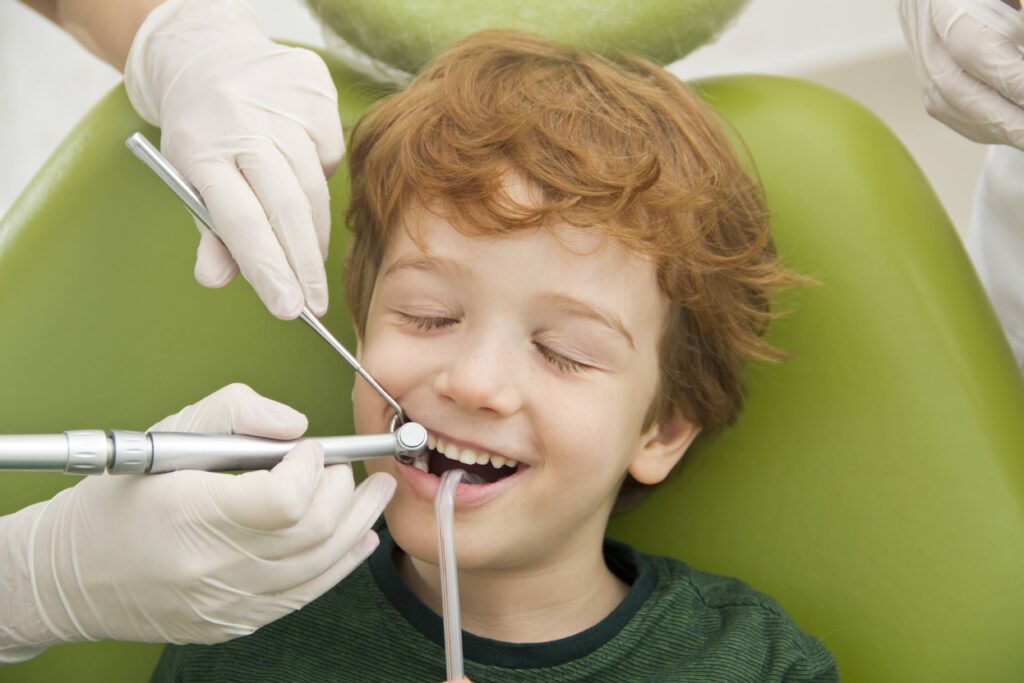Pediatric Dentistry
Since pediatric dentistry is recognized by the American Dental Association (ADA) as a specialty, dentists must complete two or three years of additional study after earning a degree in general dentistry. The American Board of Pediatric Dentistry awards a special diploma (Diplomate ABPD) upon completion of this training. Some pediatric dentists (pedodontists) choose to focus on providing oral care for kids with exceptional needs, particularly those who have cerebral palsy, autism, or other forms of mental retardation.
Child psychology is one of the most crucial elements of pediatric dentistry. Pediatric dentists are taught to treat young patients in a welcoming, enjoyable environment and never use phrases like "drill," "needle," or "injection." It is crucial that kids have positive experiences and identify their "dental home" as early as possible because dental phobias that start in infancy frequently persist into adulthood.








